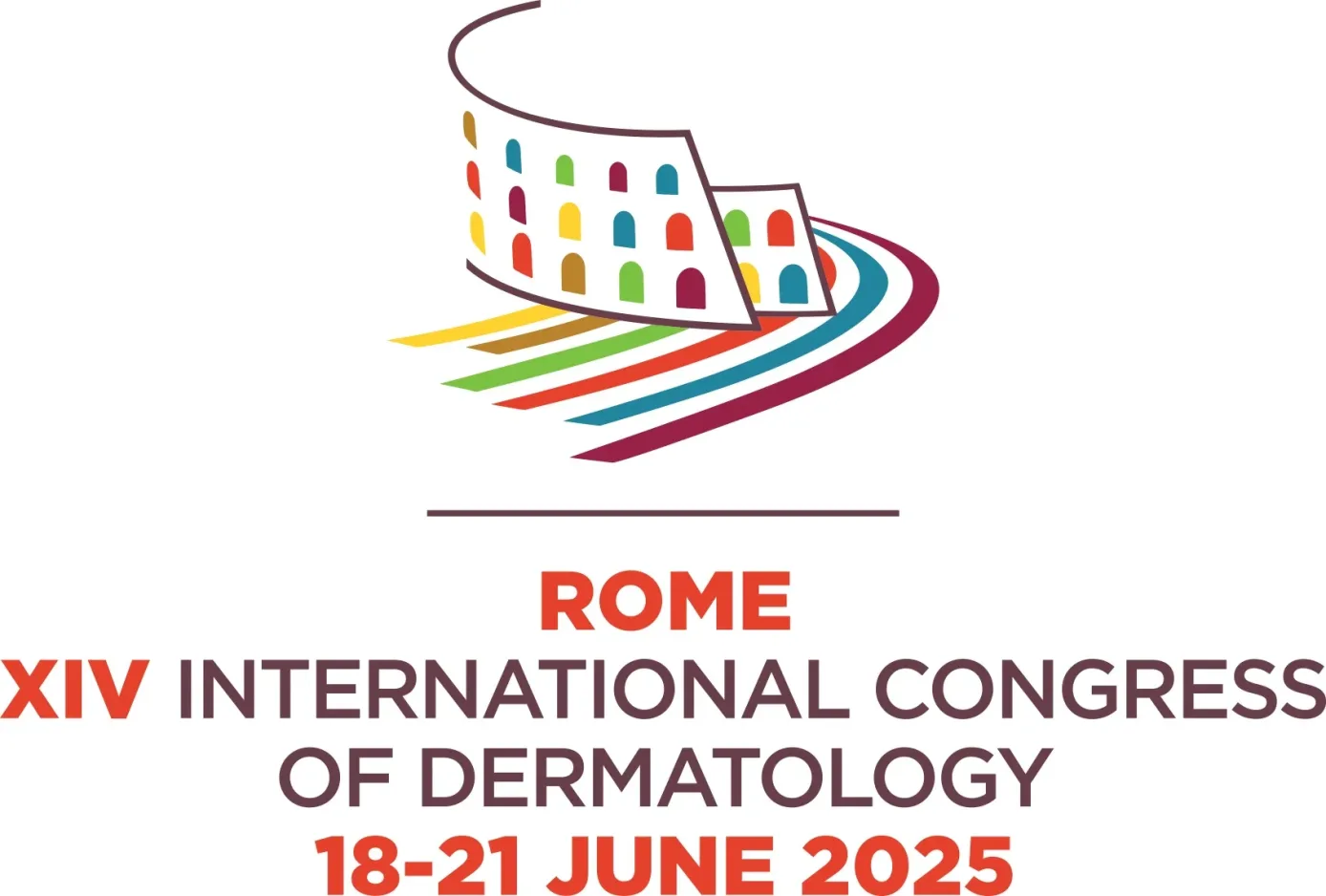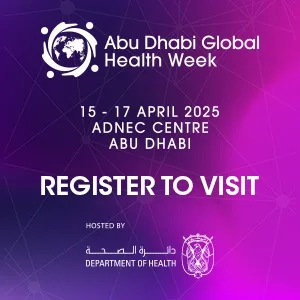A shining example of managerial excellence and commitment in the healthcare industry is Aysha Al Mahri. Her extensive nursing background and constant commitment to excellence make her an outstanding Deputy CEO at Burjeel Medical City (BMC). Al Mahri’s path, which began with direct patient care and continued with nursing management and corporate leadership, is an indicator of her talent and perseverance. Her ability to change the healthcare industry in the United Arab Emirates is a testimonial to her leadership and enthusiasm for nursing. Experience this insightful chat with MedEdge MEA as we discuss into her prior accomplishments, present pursuits, and future goals.
MedEdge MEA: In your role as a healthcare leader, what innovative strategies have you implemented to improve patient care and efficiency?
Aysha Al Mahri: Two initiatives that I am very proud of, first, streamlining patient experience: I have worked with my team to implement initiatives that improve the patient overall experience such as reducing wait times, offering multilingual resources, or enhancing patient communication channels.
Empowering nurses: I have always worked to create opportunities for nurses to take on advanced practice roles, allowing them to contribute more to patient care and improve overall care delivery.
ME: What was your role as a team leader in the Nursing Attraction Initiative project?
Aysha: As team leader for the Nursing Attraction Initiative, I played a key role in developing a comprehensive strategy to attract and retain top nursing talent. This multi-pronged approach included initiatives like:
Positive Work Environment: We recognized the value our nurses bring and ensured they are working in a positive work environment.
Professional development programs: We invested in ongoing education and training opportunities to help nurses advance their skills and stay at the forefront of the field.
But we knew it wasn’t just about attracting experienced nurses. To build a strong pipeline for the future, we also launched a forward-thinking initiative.
The Academic Advising Program: This program connects with high school students to spark their interest in nursing. We provide them with information about academic programs, highlight the rewarding aspects of the profession, and even offer scholarships for undergraduate nursing degrees.
‘‘I actively seek opportunities for global collaboration with leading healthcare institutions and professionals. This allows us to share knowledge, best practices, and attract top international talent to further enrich BMC’s expertise.’’
Aysha Al Mahri
ME: Could you share an example of a complex healthcare project you overcame at a national level?
Aysha: The most memorable project for me was part of the working group for the integration of telehealth services across hospitals in the UAE. This aimed to improve access to healthcare, especially for those in remote areas or with mobility challenges.
The project had hurdles. We needed reliable internet across regions with varying connectivity, and both patients and providers needed to trust and accept telehealth. To overcame these we collaborate with telecom companies for internet solutions and partner with medical universities for training programs. We also focused on patient education about the convenience and accessibility of telehealth consultations. The project’s success significantly increased access to healthcare services for people with mobility challenges.
ME: How do you ensure clear and transparent communication with your team, stakeholders, and across various departments in a healthcare organization?
Aysha: In my role, ensuring clear and transparent communication across the organization is crucial. Here’s how I approach it:
- Regular Communication Channels: I believe in establishing regular touchpoints. This means team meetings, departmental huddles, and leadership briefings to keep everyone informed and aligned. Additionally, I hold open forums or town halls to answer questions directly from staff across departments, fostering transparency.
- Tailored Communication Strategies: Not everyone prefers the same communication style. That’s why I utilize a mix of tools like email, instant messaging, and even internal social media groups. This allows me to cater to different preferences and ensure information reaches everyone effectively. Visual aids like charts and infographics can also be helpful.
- Open-Door Policy and Active Listening: My door is always open, literally, and figuratively. I want my team and stakeholders to feel comfortable coming to me with any concerns or feedback. Active listening is key- I make sure they feel heard and valued.
- Data-Driven Communication: Numbers can speak volumes! I use data and clear metrics to track progress on goals and initiatives. Regular reports based on this data inform decision-making and showcase the impact of our strategies.
- Feedback and Recognition: A two-way street is essential. I encourage feedback through anonymous surveys or suggestion boxes. Additionally, I recognize and appreciate team members who actively participate in communication processes. This fosters a more collaborative and open environment.
By implementing these strategies, I aim to create a communication culture built on trust, transparency, and collaboration. This ultimately leads to a more efficient and patient-centered healthcare organization, which is what we all strive for.
Collaboration across borders will be even more crucial. Sharing knowledge and best practices will be key to tackling global health challenges and ensuring equitable access to healthcare advancements.
ME: Describe Your Role as Deputy Chief Executive Officer at Burjeel Medical City
Aysha: At Burjeel Medical City, my role as Deputy Chief Executive Officer is multifaceted. Here’s a glimpse into what I do:
- Leading Innovation: I’m passionate about fostering a culture of innovation at BMC. This involves championing new ideas, technologies, and strategies that enhance patient care, improve efficiency, and solidify our position as a leading healthcare provider.
- Empowering Teams: Building a strong team is central to success. I focus on empowering our team of healthcare professionals by providing leadership and mentorship. I believe in fostering an environment where everyone feels valued, supported, and can reach their full potential.
- Patient-Centered Care: At the heart of everything we do lies the patient. I’m committed to ensuring BMC delivers exceptional patient-centered care. This involves implementing programs and initiatives that prioritize patient needs, comfort, and satisfaction.
- Strategic Initiatives: I work closely with the leadership team to develop and implement strategic initiatives that align with BMC’s long-term vision. This involves analyzing market trends, identifying growth opportunities, and ensuring we stay at the forefront of healthcare advancements.
- Global Collaboration: The healthcare landscape is constantly evolving. I actively seek opportunities for global collaboration with leading healthcare institutions and professionals. This allows us to share knowledge, best practices, and attract top international talent to further enrich BMC’s expertise.
In essence, my role allows me to wear many hats – innovator, leader, advocate, and strategist. Ultimately, it’s all about driving positive change within BMC to ensure we deliver the highest quality healthcare services to our patients.
ME: How do you envision the healthcare sector in 2050?
Aysha: The future of healthcare in 2050 is brimming with exciting possibilities. I envision a world where healthcare is:
- Highly Personalized: Advances in genomics and big data will enable truly personalized medicine. Treatments will be tailored to an individual’s unique genetic makeup and lifestyle for optimal effectiveness.
- Tech-Driven and Accessible: Technology will play a transformative role. Telehealth consultations will be commonplace, improving access to care for remote areas or those with mobility challenges. AI-powered diagnostics and robotics will likely revolutionize surgery and patient care.
- Preventive and Proactive: The focus will shift from reactive treatment to preventive care. We may see advancements in early disease detection and personalized wellness programs, leading to healthier populations.
- Globally Connected: Collaboration across borders will be even more crucial. Sharing knowledge and best practices will be key to tackling global health challenges and ensuring equitable access to healthcare advancements.
While these are some exciting possibilities, challenges remain. We need to address issues like ensuring ethical use of technology, data privacy, and making sure these advancements are accessible to everyone, not just the privileged few.




















